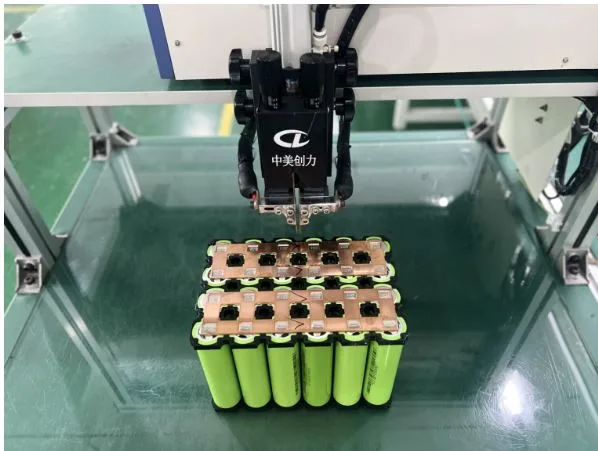How to Choose a High-Quality Lithium-Ion Battery Pack
When you’re sourcing a lithium-ion battery pack, quality is everything. A poor-quality pack can lead to short lifespan, poor performance, or even safety issues — all of which can cost you time and money. Whether you’re buying for electric tools, solar systems, or industrial devices, here’s what you need to look for to ensure you’re getting a truly reliable battery pack.
1. Check the Cell Brand and Grade
The core of any lithium-ion battery pack is its cell. Always verify the cell supplier and grade. Reputable packs use Tier-1 brands like Panasonic, Samsung, LG, or Chinese premium manufacturers such as EVE and BAK.
Jetray Battery, for instance, partners with these well-known suppliers to ensure stable performance, consistency, and traceability across every pack they deliver.
2. Look at the Battery Management System (BMS)
A good Battery Management System (BMS) protects the cells from overcharging, overheating, and short circuits. Advanced BMS technology ensures the pack performs safely under different load conditions.
When evaluating suppliers, ask for details about their BMS design and testing process. Jetray integrates CAN/RS485 communication and multiple protection layers, making their packs reliable even in demanding industrial applications.
3. Review Certifications and Compliance
Quality packs comply with major international standards like UN38.3, MSDS, CE, and IEC62133. These certifications show that the pack has passed rigorous safety and performance testing.
Always request certificates and test reports — a professional manufacturer like Jetray provides full documentation to help customers clear customs and project audits easily.
4. Examine the Manufacturing Process
Consistency comes from the factory, not just the design. Leading manufacturers have automated assembly lines, cell grading systems, and end-of-line testing equipment.
At Jetray’s Shenzhen facility, every pack undergoes a 100% inspection process — from voltage balancing to aging tests — to guarantee uniform capacity and stable output across large production batches.
5. Assess the Customization Capabilities
Each project has different voltage, current, and space requirements. A flexible supplier should offer custom pack design, BMS programming, and enclosure customization.
Jetray specializes in OEM/ODM battery pack solutions, supporting configurations from 3.2V to 60V, and offering both Li-ion and LiFePO4 chemistries for various industries including solar storage, e-mobility, and security systems.
6. Evaluate After-Sales Support
Even the best products need reliable after-sales service. Ensure the supplier provides technical support, replacement options, and a clear warranty policy.
Jetray’s international service team helps customers with product integration, troubleshooting, and technical documentation — making it easier to implement their battery packs in global projects.
Conclusion
Choosing a high-quality lithium-ion battery pack is not just about price — it’s about performance, safety, and reliability. Always check the cell brand, certifications, BMS design, and manufacturer reputation before purchasing.
If you’re looking for a trusted partner with proven experience and strong engineering support, Jetray Battery is a solid choice.
Click here to learn more about Jetray’s lithium-ion battery pack products


